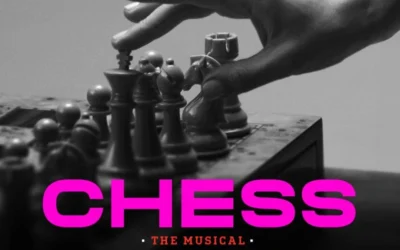Claiming the team and off-duty police officers repeatedly harassed him over a three-year period for reselling tickets, a Seattle ticket broker is suing the Seattle Mariners and the city in federal court for allegedly violating his civil rights.
William Anderson, a 40-year-old photographer who scalps baseball and other sports tickets on the side, is suing for an undisclosed amount in damages because despite ticket resale being legal in Seattle, that has not stopped the team from allegedly using off-duty police officers in a scheme to dissuade brokers from plying their trade near Safeco Field where the Mariners play.
While Seattle allows ticket scalping, it has laws about street vending, but Anderson and other brokers have tried to obtain permits for such activity but were denied.
“In 2005, the City of Seattle repealed its ordinances that prohibited “scalping,” or the reselling of tickets for sporting events. Despite that, since that time, the Mariners and their agents, including the defendants and other off duty Seattle police officers paid by the Mariners, have repeatedly stopped, searched, and cited plaintiff William Anderson and others they suspected of competing with the Mariners in the reselling of baseball tickets near Safeco Field. The citations have been issued without legal cause or authority and repeatedly have been dismissed. Despite that, the Mariners and their defendant-agents have continued to unconstitutionally search, seize and cite plaintiff and other similarly situated individuals, when they sell tickets near to Safeco Field, in order to prevent or deter plaintiff and others from competing with the Mariners by reselling game tickets,” the lawsuit states.
“The defendants have done this under the guise of a City of Seattle ordinance that requires a permit for mobile vending of goods and services in certain public areas of the City. The City of Seattle arbitrarily and capriciously refuses to issue mobile vending permits to individuals who sell sports or event tickets, the vast majority of whom, like plaintiff, are African American men. The City has no rational nondiscriminatory reason for this refusal. The City does not generally and evenhandedly enforce the mobile vending ordinance but it allows its off duty police officers to do so as employees of the Mariners and other private, for-profit sports teams, in areas where those teams want to suppress secondhand ticket sales by such individuals,” the lawsuit continued.
From 2006 until April of this year, Anderson was arrested numerous times and had his tickets confiscated. “There has been a history of litigation in city courts over this matter, but all of the charges were thrown out,” Seattle attorney Tim Ford, who represents Anderson, told TicketNews.
“The Mariners hire these cops, and all they seem to do is go after the ticket sellers, as far as we can tell,” Ford added. There is no particular buffer zone around the stadium that prohibits ticket resale, but Ford said that he and Anderson have been told that the team does not want scalpers reselling tickets while on Mariners property or near the box office.
Rebecca Hale, spokesperson for the Mariners, told TicketNews that the team is not against the scalping of Mariners tickets because the practice is legal in the city, and officials have not sought to have the current laws changed. The Mariners, like all other Major League Baseball teams except the Boston Red Sox, has a ticket resale deal with StubHub.
As for the alleged actions of the off-duty officers, they are simply enforcing the current laws as they see fit.
“We hire police officers to provide public safety services around the stadium,” Hale said, stressing that ticket sellers are not singled out.




